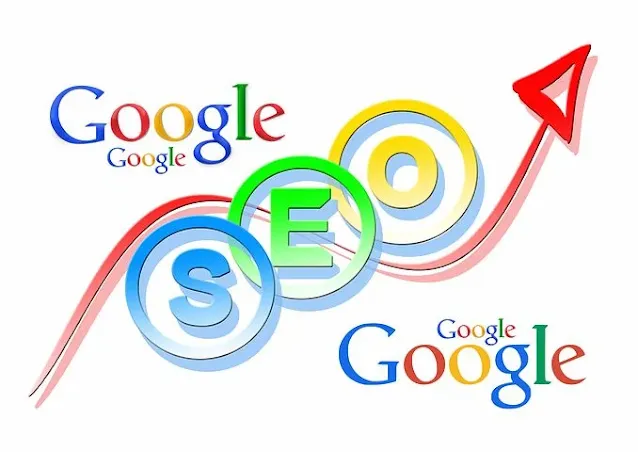What is SEO?
SEO stands for search engine optimization. It's the practice of optimizing content to be discovered through a search engine's organic search results. Think of a search engine as a filing system in a library. The library has potentially billions of books with hundreds of trillions of pages. So let's say you want to find information on health supplements. The search engine will then look through all pages in its index and try to return the most relevant results.
Now, the first search engine you're probably thinking of is Google. But there are tons of other search engines you can optimize your content for. For example, YouTube SEO is the process of getting traffic to your videos in YouTube's organic search results. Amazon SEO is the same, but you're optimizing your product pages to get free organic traffic. And of course, Google SEO, is the process of optimizing your website to rank on Google and drive more traffic to your web pages. Now, search engines use sophisticated algorithms and technology to return the best results for any given query. Nobody knows exactly how these algorithms work, but we have clues, particularly for Google, so we can make some optimizations.
Types Of SEO
There are two main ways that you can work on SEO on your website and they're called on-page SEO and off-page SEO.
On-page SEO
On-Page SEO is simply telling Google and the reader that you have everything that they're looking for. You have all the indicators that they're looking for and really, this just means you have all the right keywords on your site.
Now, on-page SEO is easier to deal with because most of the changes needed are within your control. For instance, if your site is about barbeque then you want to make sure that your site has the right keywords in the title, in the body, in the picture descriptions, it likewise implies you have supporting watchwords in it like BBQ plans, barbecue temperatures, sorts of meat, best BBQ flame broils and everything else that is identified with that topic. Throughout this video series we'll cover all the ways that you can do on-page SEO so you can get started soon. And the cool thing is, if you already have a website with some articles on it then you may be just a few weeks away from seeing massive results with your traffic. Without writing any new content.
So if you want to see about that, make sure you click on the subscribe button to be notified of all of our SEO articles coming out.
Off-Page SEO
With Off-Page SEO, that simply means that you are making sure that other websites are linking back to you. These are called backlinks. Off-Page SEO is a little bit more out of your control because you're relying on other people to believe that your site is worthy of a link but if you're writing great content and networking with your industry or your topic area then it shouldn't be a problem. Now I just want to let you know, as we go through this SEO process, just realize that search engine optimization does take time and sometimes it can be a little frustrating when you're not seeing the results fast. But if done properly, the results from your SEO efforts can last months or even years depending on the topic you're in.
Why should you incorporate SEO into your marketing strategy?
Well, there are 3 major benefits of search engine optimization that attracts marketers from all over the world.
Traffic from your SEO efforts are free.
Your traffic will be consistent once you're ranking high.
You have the opportunity to reach massive audiences, you wouldn't have access to otherwise.
How do you start optimizing your website for search?
If you're new to SEO, then I highly recommend reading our SEO articles on doing SEO for beginners, where you'll get a top-level view of how you can optimize your website for higher Google rankings. Or if you're past that "beginner stage," I recommend digging through our website where we have a ton of actionable tutorials to help grow your search traffic. I'll link up both of those for you in the description.
How does Google even determine what should go on the first page?
The biggest factor is relevancy. You want to make sure that your website is exactly what the searcher is looking for when they're searching Google. Now Google uses over 200 factors to determine what's relevant in their algorithms and there's no way that we're going to be able to cover all of those but if we can concentrate on a few then we have a fighting chance to get seen in the search results.
In addition to relevance you'll also want to make sure that your site is useful. All that means is that when a user clicks on your site, the information that they're looking for is easily found. Think about the last time you did a search. If you went to a page that you thought had the answer but you had a hard time finding it on the page, did you stick around? Most people will click back and go look for a different answer. So make sure that your site is also useful and that you've arranged the answers for the topic in a meaningful way that's easier for readers to find what they're looking for.
So now that you know a little bit about what SEO is and how it can improve the traffic on your site, if you enjoyed this article, then make sure to like, share, and subscribe for actionable SEO and marketing articles. And if you have any questions, leave one in the comments below. I'll see you in the next article.
Also Read:
Easiest way to write math equations in blogger post
Best SEO tools for getting a large volume of traffics
Create a free virtual credit card for online payment




